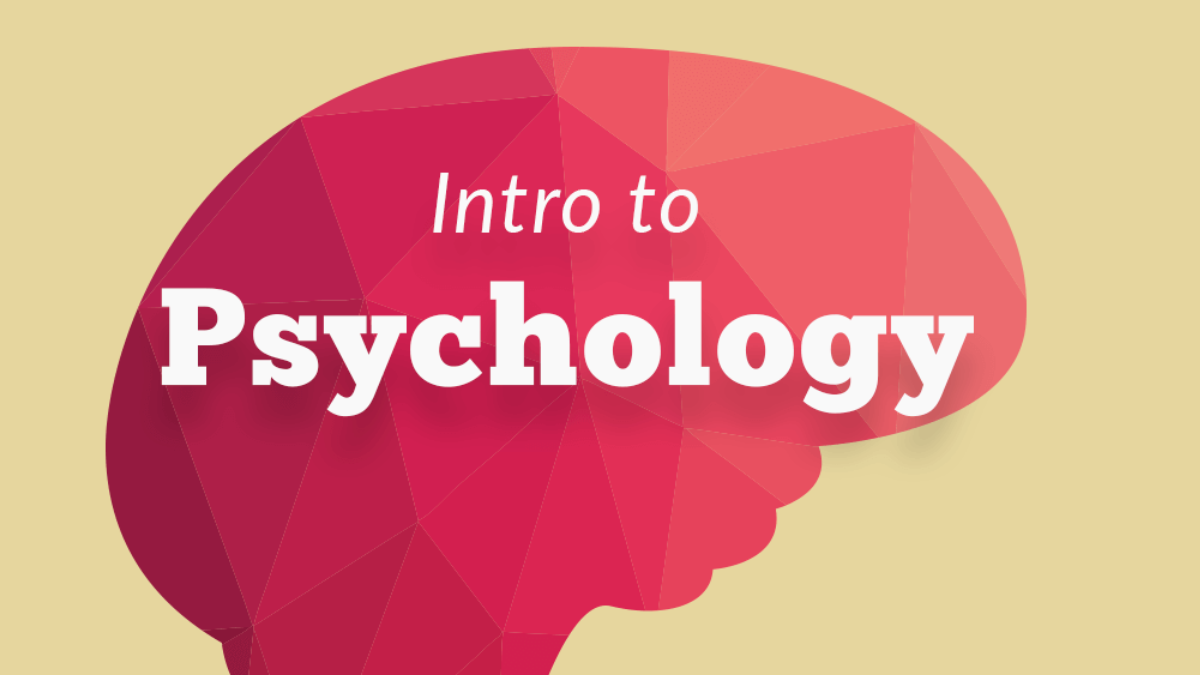Introduction to Psychology
Psychology is the scientific study of the mind and behavior. It seeks to understand and explain how individuals think, feel, and act in a wide range of circumstances. It is a multifaceted discipline that explores various aspects of human cognition, emotion, development, personality, and social interactions. Here's a brief introduction to some key aspects of psychology:
History of Psychology
Psychology has a rich history that dates back to ancient philosophy and has evolved over centuries. It became a formal science in the late 19th century, with the work of pioneers like Wilhelm Wundt and Sigmund Freud.
Major Subfields
Clinical Psychology
Focuses on the diagnosis and treatment of mental disorders and emotional issues.
Cognitive Psychology
Studies mental processes such as perception, memory, and problem-solving.
Developmental Psychology
Examines how individuals grow and change throughout their lives.
Social Psychology
Investigates how social interactions and influences affect behavior and attitudes.
Biological Psychology
Explores the biological basis of behavior, including the brain and nervous system.
Personality psychology
Studies individual differences in behavior and traits
Industrial-Organizational PsychologyApplies psychological principles to workplaces and organizations.
Research Methods
Psychologists use various methods to gather and analyze data, including experiments, surveys, observations, and case studies. These methods help researchers understand human behavior and test hypotheses.
Nature vs. Nurture
One of the fundamental debates in psychology concerns the relative influence of genetics (nature) and the environment (nurture) on human behavior and development. Most psychologists now recognize the importance of both factors.
The Mind-Body Problem
Understanding the relationship between the mind (mental processes) and the body (the physical brain and nervous system) is a central question in psychology. This is closely related to the field of neuroscience.
Ethical Considerations
Ethical guidelines are essential in psychology research and practice to protect the rights and well-being of research participants and clients. Informed consent, confidentiality, and avoiding harm are key principles.
Applications
Psychology has practical applications in various fields, such as clinical psychology, counseling, education, sports, marketing, and more. Psychologists work to enhance mental health, improve learning, and address social issues.

Modern psychology addresses many pressing societal concerns, including mental health awareness, the impact of technology on behavior, diversity and inclusion, and the understanding of human behavior in the context of global challenges.
Psychology is a diverse and dynamic field that plays a crucial role in understanding and improving human behavior and well-being. It continues to evolve as researchers discover new insights and apply their knowledge to address the complexities of the human mind and behavior.